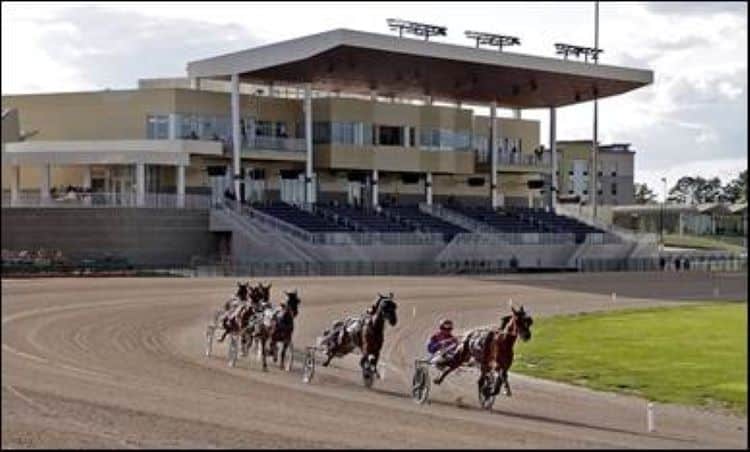Ohio Gov. Mike DeWine last week slipped a proposed doubling of the 10% sports betting tax into his annual budget, a move that is sure to get pushback from operators in the state.
The proposal is the first of its kind in a legal U.S. sports betting jurisdiction — no other governor has asked for an increase in the tax rate after wagering went live. The only state where an existing tax rate is under discussion for adjustment is New York, where lawmakers and operators would like to see a decrease in the 51% rate.
Ohio regulators launched a bevy of legal wagering platforms and retail locations Jan. 1, and DeWine was a supporter during the legalization process in 2021. Of the U.S. jurisdictions that have some form of legal sports betting, 12 tax their mobile wagering operators at 10% or less and 15 tax them at more than 10%, on up to a high of 51%. In some states, no tax is paid to the state if wagering is run exclusively by Indian tribes.
Operators have pointed to 10% as the optimum tax rate to allow them to turn a profit in what is known as a low-margin business. Should Ohio lawmakers raise the tax rate to 20%, it would put the state’s rate below only that of Pennsylvania in its region. Border states Indiana, Michigan, and West Virginia all tax operators at 10% or less while Pennsylvania taxes at 36%.
Extra dollars for sports, PG, regulation
“The governor’s proposed package seems more about punitive damage than trying to understand the economics of an industry that is 45 days old,” Brendan Bussmann, managing partner of the B Global gaming consulting firm, told OH Bets via email. “First and foremost, anything above 15 percent in a tax rate curtails reinvestment, innovation, and further development of the market. Let the market settle in first and let’s see how it performs. This is the most robust retail and mobile market in the country and needs time to mature.”
Just this weekend, Ohioans proved how popular wagering is when GeoComply shared that it had the second-most geolocation checks behind only New York on Super Bowl Sunday, and is the only state with more than 1 million active accounts.
DeWine did not mention the sports wagering tax rate last week in his State of the State address, which had a heavy focus on children and families. Should the tax be increased, he wants to earmark the new revenue for sports and extracurricular activities in schools, funding of problem gambling programs, and covering sports betting regulatory costs, according to Statehouse News Service. In addition to tax collections, sports betting also provides the state with revenue through application fees and fines.
Ohio had US’s second largest volume of Super Bowl betting and is the only state with over a million active accounts, according to company that does geolocation checks to verify sports gamblers’ locations – GeoComply says over 12.6 million Ohio geolocation checks this wknd pic.twitter.com/vSQcBHL82C
— Karen Kasler (@karenkasler) February 13, 2023
Since mid-December, the Ohio Casino Control Commission has issued notice of five violations against four wagering companies — Barstool Sportsbook, BetMGM, Caesars Sportsbook, and DraftKings. Some of those companies have requested hearings, but if the proposed fines are all paid, they will total $1.05 million.
Caesars Sportsbook in January opted to pay its $150,000 fine and forgo a hearing. DraftKings has been notified of two potential fines, one for $350,000 for allegedly advertising to people under the age of 21, and one for $150,000 for using the words “free” or “risk-free” in advertising and failing to correctly display the problem gambling hotline number in ads.
‘Risk’ and ‘risk-free’ could be banned
DeWine has also outlined additional changes he proposes in the December 2021 state law, including a prohibition on operators using the phrase “risk-free” in promotional advertising and that betting be banned by those who threaten athletes related to their wagering. A bill has been proposed in West Virginia calling for the same kind of exclusion surrounding those threatening athletes.
To take effect, DeWine’s proposals would have to be enacted by the legislature and land on his desk for review by June. It’s questionable whether lawmakers, who spent years refining what legal wagering should look like in Ohio, would consider raising the carefully chosen tax rate so soon.
“This seems like Lucy pulling the football away from Charlie Brown,” Bussmann said. “If the governor was so concerned about these issues previously, he maybe shouldn’t have signed the bill to begin with and sent it back for further debate, as we have seen happen in other states.”









